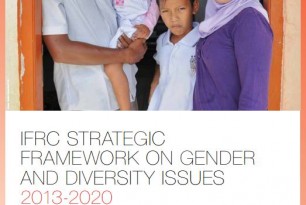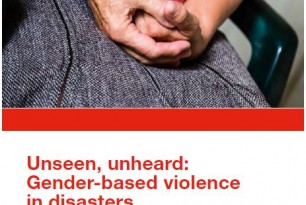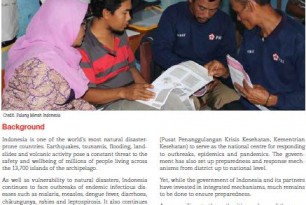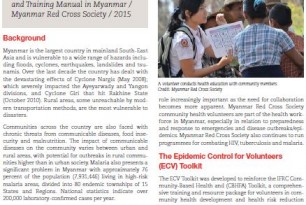
The document provides specific, strategic direction to the IFRC to ensure that its actions are non-discriminatory towards people of all ages, and to promote gender equality and respect for diversity throughout all of its work.
![]()

The study is designed to foster the recognition that gender-based violence (GBV) is a major feature of many conflicts and understanding its occurrence during disasters.
The research addresses three questions: 1. What characterizes GBV in disasters? 2. In what ways should legal and policy frameworks, including disaster risk management, be adapted to address GBV in disasters? 3. How should National Societies and other local actors address GBV in disasters, and what support do they need to fulfil their roles?
![]()

This document looks the roll-out of the Epidemic Control for Volunteer (ECV) toolkit and training manual, its implementation and analysis from the context of the Indonesian Red Cross (PMI).
Four provincial branches were chosen to initiate the project and field test the toolkit between November 2013 and February 2015: Banten, Daerah Khusus Ibukota (DKI) Jakarta, Jawa Barat and Papua. The branches were selected based on epidemic risks and their capacity and interest in supporting the introduction of the manual and toolkit.
![]()

This document is a case study of the adaptation and roll-out of the Epidemic Control for Volunteers’ (ECV) Toolkit and Training Manual in Myanmar.
The roll-out of the ECV Toolkit in Myanmar targeted five communities in Leiwei Township with a population of approximately 11,870 people (2,660 households).
![]()